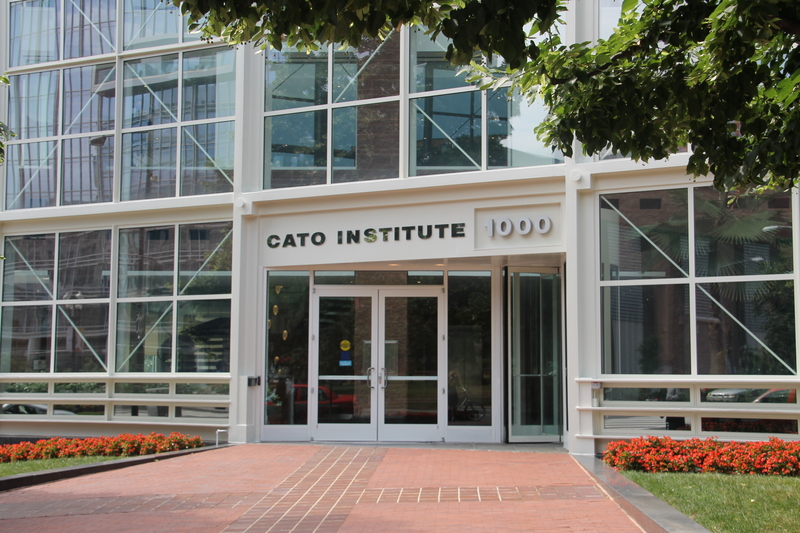The empirical literature tends to show that people are tolerant of highly unequal distributions of income. 1 However, their tolerance is conditional on the perception that the distribution reflects merit, not privilege, and that social mobility is possible.
There is no evidence of widespread inequality-induced unhappiness. As research by sociologists Mariah Evans and Jonathan Kelley shows, in developing countries, increased economic inequality as people rise out of poverty is often seen as a heartening sign that upward mobility is achievable—and can coincide with greater happiness.2
Other research has similarly found “a complete lack of any effect of inequality on the happiness of the American poor.”3 As economist Finis Welch eloquently put it, “inequality is destructive whenever the low-wage citizenry views society as unfair, when it views effort as not worthwhile, when upward mobility is viewed as impossible or as so unlikely that its pursuit is not worthwhile.”
Source: https://www.cato.org/sites/cato.org/files/2023-06/PA%20949_update-4.pdf
- Azim F. Shariff, Dylan Wiwad, and Lara Beth Aknin, “Income Mobility Breeds Tolerance for Income Inequality: Cross-National and Experimental Evidence,” Perspectives on Psychological Science 11, no. 3 (2016): 373–80; Christina Starmans, Mark Sheskin, and Paul Bloom, “Why People Prefer Unequal Societies,” Nature Human Behaviour 1, no. 4 (2017): 1–7; Nick Cowen and Vincent Geloso, “Capital, Ideology, and the Liberal Order,” Analyse & Kritik 43, no. 2 (2021): 413–35; and Mikayla Novak, Inequality: an Entangled Political Economy Perspective (London: Palgrave Macmillan, 2018).
- Jonathan Kelley and Mariah D. R. Evans, “Societal Inequality and Individual Subjective Well-Being: Results from 68 Societies and over 200,000 Individuals, 1981–2008,” Social Science Research 62 (2017): 1–23; and Krzysztof Zagorski, Jonathan Kelley, and Mariah D. R. Evans, “Economic Development and Happiness: Evidence from 32 Nations,” Polish Sociological Review 169 (2010): 3–19.
- Alberto Alesina, Rafael Di Tella, and Robert MacCulloch, “Inequality and Happiness: Are Europeans and Americans Different?,” Journal of Public Economics 88, no. 9–10 (2004): 2009–42.

0 Comments